Studio One Two Sharp Knives (1948–1958) Online
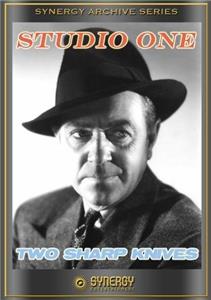
- Original Title :
- Two Sharp Knives
- Genre :
- TV Episode / Drama
- Year :
- 1948–1958
- Directror :
- Franklin J. Schaffner
- Cast :
- Stanley Ridges,Wynne Gibson,Theodore Newton
- Writer :
- Dashiell Hammett,Carl Bixby
- Type :
- TV Episode
- Time :
- 59min
- Rating :
- 6.5/10
A man steps off the train with his ten-year-old daughter, expecting to find the wife he hasn't seen since the girl was born. Instead, he meets the chief of police, who recognizes his face from a wanted poster. The man is shocked. Supposedly he is wanted in Philadelphia for the murder of a man he's never heard of. But the small-town chief is no fool. Something stinks about the wanted poster, the murder rap and everything else. He'll endure the dirty politics of a dishonest district attorney, a murder made to look like a suicide, and a betrayal by a trusted friend, before he learns the truth.
| Episode cast overview, first billed only: | |||
| Stanley Ridges | - | Police Chief Scott Anderson | |
| Wynne Gibson | - | Hotcha - conspirator | |
| Theodore Newton | - | Sgt. Wally Shane | |
| Peggy French | - | Ethel Furman | |
| Richard Purdy | - | Lester Furman | |
| Hildy Parks | - | Doris Anderson | |
| Robert Emhardt | - | DA Ted Carroll | |
| Seth Arnold | - | Doc Kamsley | |
| William Lee | - | Officer George Proffer | |
| Tony Pellerin | - | Gallo - conspirator | |
| Paul Porter | |||
| Richard Robbins | |||
| Abe Vigoda | - | Old train passenger | |
| Roland Wood | |||
| Charles Kuhn |
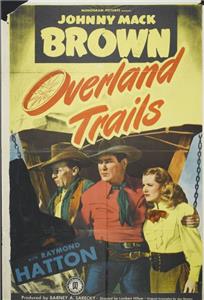
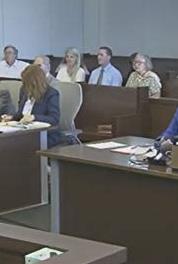
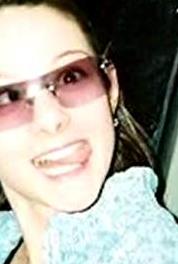
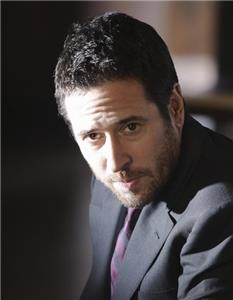
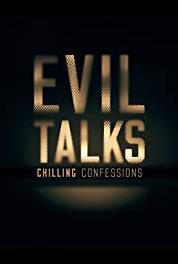
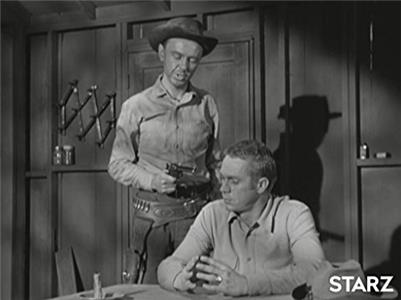


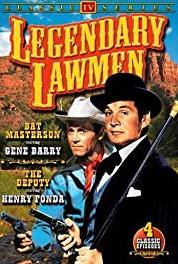
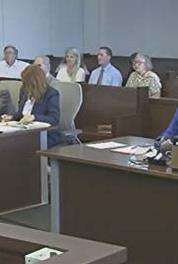
User reviews